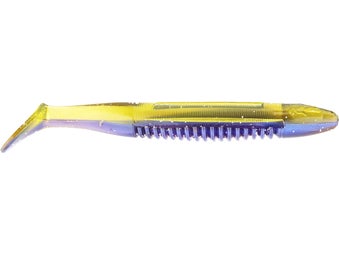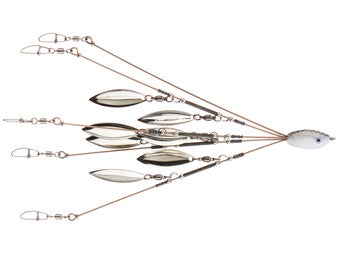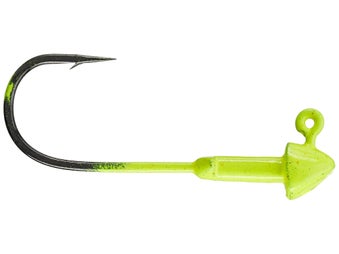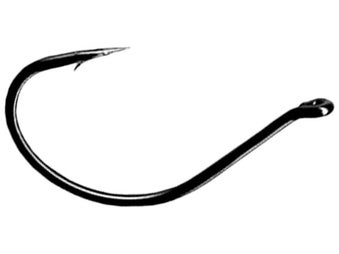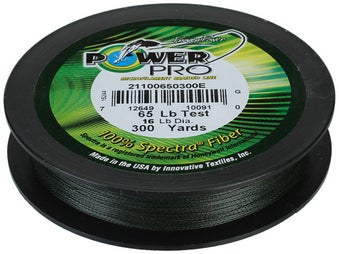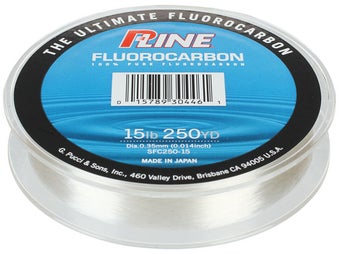Andy Young Wins BASS Central Open Lake Amistad
Competition:
Young got only six bites on day 1, and one of those was a short fish. His bag was very solid considering the conditions, but it left him nearly 6 pounds behind Allen, whose stringer was anchored by a 10-pounder. "I wasn't really surprised because I figured somebody would catch them," he said. "What surprised me was when he did it 2 days in a row." Young managed just four bites on day 2. He'd boxed only three run-of-the-mill keepers by mid-afternoon when he connected with a 6 1/2-pounder on the umbrella rig. He'd resigned himself to fishing for 2nd place on the final day. "I really didn't think I had a chance, but a couple friends kept telling me that anything could happen, that (Allen) could blank in those tough conditions. Sure enough, he left the door open." He had a limit by 11:30 and one of those fish was a beauty - a 7 1/2-pounder that fell for the umbrella rig. "I culled two times after that and each one of them was very minor - a half-ounce here and a half-ounce there. But considering I won by 1 ounce, those two little upgrades were the key."
Winning Pattern:
Allen said the umbrella rig was most effective when it was retrieved within a few feet of the bottom. "The first time I'd cast it out and let it sink all the way down (to see how long it took), and after that I'd count it down for 10 seconds or whatever. They wanted it slow, but I was giving it some erratic jerks. "Two of the biggest ones hit when the bait was straight under the boat, and I think that had to do with the HydroWave. I had it on 'Feeding Frenzy' and turned up as loud as it would go."
Winning Gear:
Umbrella rig gear: 7'6" heavy-action Dobyns 766 SSM flipping stick, Lew's BB1 casting reel (6.3:1 ratio), 65-pound PowerPro braided line, 5- or 7-arm Hog Farmer Bait Company umbrella rig, 1/8-ounce Outkast Tackle Money jigheads, 5" Big Bite Cane Thumper swimbaits (pearl and watermelon ghost). The 5-arm bait was equipped with four spinners and the 7-arm had 12. He prefers the Outkast heads because the 4/0, heavy-wire hooks are a little smaller than the standard U-rig offerings. "They don't snag up on the branches as much and they hook the fish really well."
Dropshot gear: 7'4" medium-action Dobyns Champion Extreme rod, Lew's Gold Spin 3000 spinning reel, 8-pound P-Line fluorocarbon line, 3/16-ounce lead dropshot weight (round), 1/0 Gamakatsu dropshot hook, Biovex Kolt Fish Tail (green-pumpkin).
Main factor: "I think the biggest thing, with the weather being so bad, was me being from Minnesota and being used to it. The cold didn't really bother me. The other thing was having a simple gameplan - I had two things that worked and I just kept doing them."
Performance edge: "I really think the HydroWave made a big difference and I had the right rods for the job. The Hog Farmers made a big difference, too, and the finesse dropshot bait was huge. Without those dropshot fish, there's no way I would've won."
Amistad Open Winning Pattern Bassfan 2/13/14 (John Johnson)
